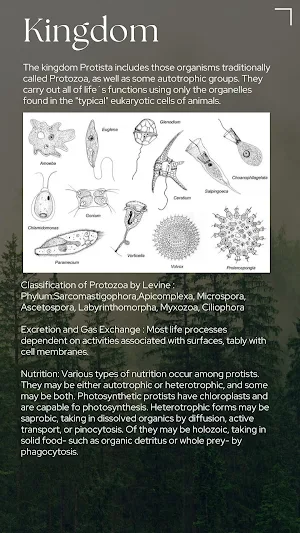



Zoology Invertebrate, learn of invertebrates, animals without a backbone




zoology Invertebrate is the subdiscipline of zoology that consists of the study of invertebrates, animals without a backbone (a structure which is found only in fish, amphibians, reptiles, birds and mammals).
invertebrate, any animal that lacks a vertebral column, or backbone, in contrast to the cartilaginous or bony vertebrates. More than 90 percent of all living animal species are invertebrates. Worldwide in distribution, they include animals as diverse as sea stars, sea urchins, earthworms, sponges, jellyfish, lobsters, crabs, insects, spiders, snails, clams, and squid. Invertebrates are especially important as agricultural pests, parasites, or agents for the transmission of parasitic infections to humans and other vertebrates.
Invertebrates serve as food for humans; are key elements in food chains that support birds, fish, and many other vertebrate species; and play important roles in plant pollination. Despite providing important environmental services, invertebrates are often ancillary in wildlife research and conservation, with priority given instead to studies that focus on large vertebrates.
Over the past 100 years, we’ve witnessed some of the most profound...
The electrical wiring in your home that keeps your laptop, phone charger,...
Biology is a natural science concerned with the study of life and...
In a market economy, goods and services are produced and exchanged according...
Do you want great Christian and Gospel songs playing on your device...
Sociology is the study of social life, social change, and the social...
Created with AppPage.net
Similar Apps - visible in preview.